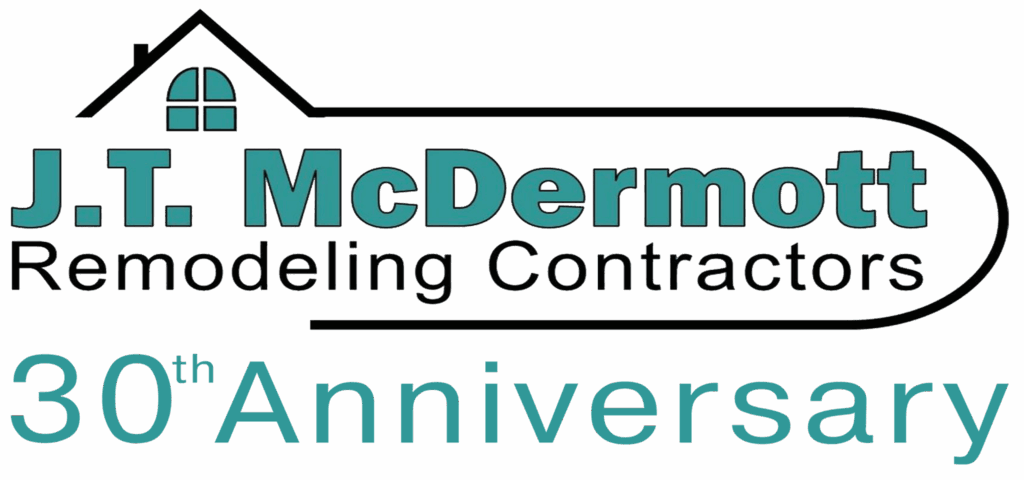Homeowners enjoy a wealth of remodeling options today, but there’s an undeniable charm in incorporating a regional style that resonates with the history and culture of the home’s location. In the Midwest, and more specifically, the St. Louis area, a wealth of architectural influences offers a rich local heritage for homeowners to draw upon. In this guide, we’ll explore the distinctive characteristics of Midwest and St. Louis styles, providing insights and inspiration for your next home remodeling project.
The Midwestern Essence: A Blend of Traditions
The Midwest is a vast region, encompassing a variety of architectural styles that have evolved over the centuries. From the sturdy simplicity of early frontier homes to the elaborate detailing of Victorian mansions, the Midwest’s architectural heritage is diverse and rich. When embarking on a home remodeling project, consider blending these traditions for a harmonious balance between past and present.
Midwestern Styles
Prairie Influence
The Prairie School, with its emphasis on horizontal lines and integration with the surrounding landscape, has left an indelible mark on Midwest architecture. Incorporate low-pitched roofs, wide eaves, and horizontal bands of windows to capture the essence of this iconic style. Natural materials like wood and stone further enhance the connection between your home and its Midwestern roots.
Rustic Revival
Embrace the rustic charm of Midwest farmhouses by incorporating elements like barn doors, exposed beams, and reclaimed wood. This style pays homage to the region’s agrarian history, infusing warmth and authenticity into your living spaces. Think about open shelving in the kitchen, wide-planked hardwood floors, and earthy color palettes that evoke the agricultural landscapes of the Midwest.
The Craftsman Style
Characterized by overhanging eaves, exposed rafters, and prominent front porches, the Craftsman Style emerged in the late 19th century and has become a favorite with Midwestern homeowners today. The style emphasizes handcrafted elements and natural materials for a simple, timeless appeal and a classic blend of aesthetics and functionality. To channel this style, incorporate built-in furniture, intricate woodwork, and an open floor plan to foster a sense of warmth and community.
Mid-Century Modern Style
Midcentury Modern style, born in the post-World War II era, remains an enduring design movement celebrated for its sleek, clean lines and innovative approach to form and function. Popular in the Midwest, the style is characterized by open spaces, large windows, and a seamless integration with nature.
This architectural style embraces simplicity, with an emphasis on geometric shapes and a minimalistic aesthetic. Try incorporating iconic mid-century modern furniture pieces from design luminaries like Eames and Saarinen. Keep interiors open and uncluttered, removing non-load-bearing walls and adding floor-to-ceiling windows to bring the outdoors in.
Sophisticated St. Louis Styles
As a city with a storied history, St. Louis boasts a unique architectural identity shaped by French, German, and American influences. When remodeling a home in the St. Louis area, tapping into this heritage can result in spaces that exude a timeless and elegant appeal.
The Historic Soul of Soulard
The Soulard neighborhood, known for its historic charm, offers a blueprint for embracing the St. Louis style. Consider ornate wrought iron details, vibrant color palettes, and brick accents to capture the essence of this iconic district. Incorporate elements like French doors and window shutters for a touch of European flair that nods to the city’s cultural diversity.
Lafayette Square Elegance
Harmonizing Old and New: Practical Tips for Midwest and St. Louis Style Fusion
Now that we’ve explored the distinctive elements of Midwest and St. Louis styles, let’s delve into practical tips for seamlessly blending old and new in your home remodeling project.
Maintain Architectural Consistency
While blending styles, maintain architectural consistency to create a cohesive aesthetic. For example, if you’re infusing Prairie Style elements, ensure that the horizontal lines and natural materials flow seamlessly from the exterior to the interior.
Respect the Original Features
In homes with historical significance, pay homage to original features. Retain and restore elements like fireplaces, moldings, or unique architectural details that define the character of the space. This not only preserves the home’s authenticity but also creates a compelling narrative of its evolution.
Merge Functionality with Tradition
Don’t sacrifice functionality for style. The beauty of blending Midwest and St. Louis styles lies in creating a space that marries the best of both worlds. For instance, in a rustic farmhouse kitchen, integrate modern appliances and conveniences to enhance the efficiency of the space while preserving its traditional aesthetic.
Use Local Materials and Artisans
Whenever possible, incorporate local materials and enlist the skills of local artisans. This not only connects your home to its regional roots but also supports the community. From reclaimed barn wood to custom stained glass, embracing local resources adds an authentic touch to your remodeling project.
Integrate the Landscape
Extend the fusion of styles to your outdoor spaces. Landscaping that complements the architectural nuances of your home creates a seamless transition between the indoors and outdoors. Consider incorporating native plants, stone pathways, and outdoor living spaces that harmonize with the Midwest and St. Louis aesthetic.
Remodeling Your Midwestern Home
As you embark on your home remodeling journey, let the rich history and diverse architectural influences of the Midwest and St. Louis be your guiding inspiration. Whether you choose to blend Prairie elegance with rustic charm, channel the opulence of Lafayette Square, or embrace the Craftsman aesthetic, create a space that resonates with the essence of your regional identity.
Remember, the beauty of home remodeling lies not just in the transformation of a space but in the story that space tells. By honoring the traditions of the Midwest, and St. Louis in particular, your home becomes a living testament to the rich heritage of the region. Let your house reflect the beauty and diversity of the region it proudly calls home.
